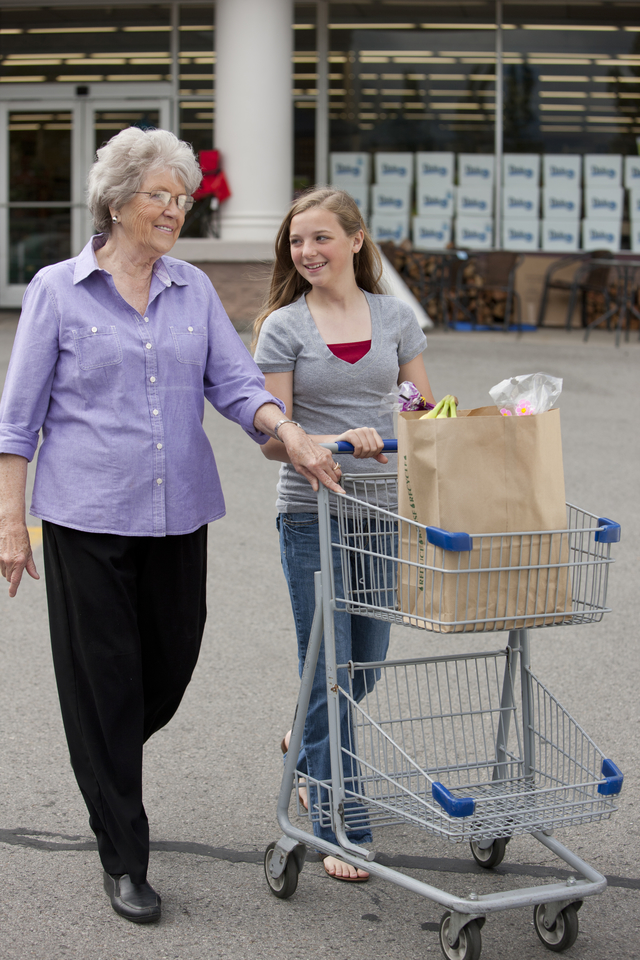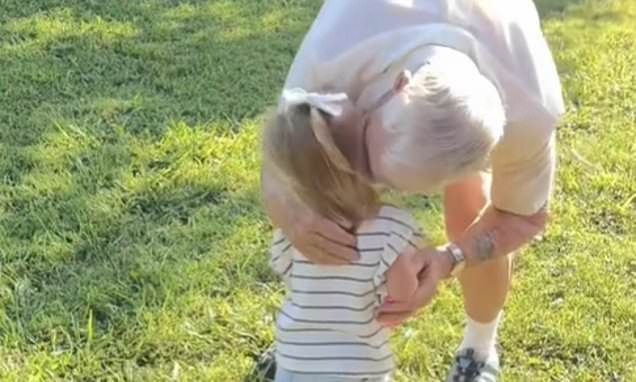In today’s fast-paced world, where many families live far from extended family and traditional support systems, the importance of having a strong, supportive neighborhood cannot be overstated. For parents, building positive relationships with neighbors is not just about convenience—it’s about creating a safe, welcoming environment for their children and themselves. This guide explores how parents can foster these relationships, ensuring that their homes become part of a thriving community.
Understanding the Role of a Good Neighbor
A good neighbor is more than someone who waves from across the street or helps when you’re moving in. They are a vital part of your family’s daily life, offering support, friendship, and sometimes even a helping hand during tough times. As the story of Jocelyn shows, a kind gesture—like sharing ice during a move—can set the tone for a lifelong relationship. But what does it mean to be a good neighbor, and how can parents teach their children to embody this value?
Teaching Children to Be Respectful and Helpful

Children often learn by example, so it’s essential for parents to model respectful and helpful behavior. Here are four key tips to help your kids become great neighbors:
-
Greeting and Smiling Go a Long Way
Encourage your children to greet neighbors with a smile and a “hello.” Small gestures like this can make a big difference in how they are perceived and treated. It also helps build confidence and social skills. -
Respecting Boundaries
Teach your children to understand both visible and invisible boundaries. For instance, if a neighbor has a garden, they should avoid playing too close to it. Similarly, loud noises should be kept to a minimum, especially after certain hours. -
Looking for Opportunities to Help
Show your children how to spot ways to assist others. Whether it’s picking up a dropped item, helping carry groceries, or shoveling snow, these small acts of kindness can go a long way in building goodwill. -
Mending Fences When Things Go Wrong
Accidents happen, and it’s important to teach children that owning up to mistakes and making amends is a sign of maturity. If their actions cause harm, encourage them to apologize and take responsibility.
Setting Clear Boundaries Without Alienating Neighbors

While being a good neighbor is important, it’s equally crucial to maintain healthy boundaries. One reader shared her challenge with a neighbor whose children frequently visited her home, disrupting family time. The solution involved open communication and setting clear expectations.
-
Bridging Different Parenting Styles
Each family has its own approach to parenting. While it may be tempting to adopt a more relaxed style, it’s important to communicate your own values and rules. For example, you might ask the neighbor to respect your child’s need for downtime or specific playtimes. -
Balancing Community and Privacy
While community is valuable, privacy is equally important. Establishing a schedule for visits or designating specific times for neighborly interactions can help maintain harmony without overstepping. -
Modeling Healthy Boundaries for Your Children
Children learn from what they see. By demonstrating how to say “no” politely and respectfully, you teach them a vital life skill. This also reinforces the idea that family time is precious and should be protected.
Five Ways to Build Stronger Neighbor Relationships
Creating a sense of community starts with simple, consistent actions. Here are five effective strategies to strengthen your relationships with neighbors:
-
Say Hello and Introduce Yourself
When moving into a new neighborhood, take the initiative to introduce yourself. A friendly note, a small gift, or a warm greeting can go a long way in establishing trust. -
Be Respectful
Respect is the foundation of any good relationship. Keep noise levels down, return borrowed items on time, and avoid unnecessary gossip or interference in personal matters. -
Invite Them to Parties
Hosting a barbecue or potluck is a great way to bring people together. These events allow neighbors to connect and form lasting friendships. -
Offer Small Acts of Kindness
From watering plants to babysitting, small gestures show that you care. These acts of kindness can create a ripple effect of goodwill in the neighborhood. -
Know When to Keep Your Distance
Not all neighbors will be easy to get along with. In such cases, maintaining a polite but distant relationship is the best approach. A simple “hello” is enough to keep things cordial.
The Importance of Community in Modern Life
In an era where many families live far from their extended families, neighbors often become the closest support system. They can provide assistance during emergencies, offer advice, and simply be there to chat. Building strong relationships with neighbors not only enhances safety but also fosters a sense of belonging.
As the article highlights, knowing your neighbors and forming meaningful connections can turn a house into a home. Whether it’s through regular conversations, shared meals, or mutual support, a strong neighborhood can make all the difference in daily life.
Final Thoughts
The perfect neighbor is not just someone who is kind or helpful—they are a partner in creating a safe, supportive, and connected community. For parents, teaching children to be good neighbors is an investment in their future, helping them develop empathy, respect, and a sense of responsibility.
By fostering positive relationships with neighbors, families can build a stronger, more resilient community—one that supports and uplifts everyone involved.
Stay updated with the latest news and insights on community living. Explore today’s headlines and discover how to make your neighborhood a better place for everyone.
Author: Emily Thompson
Title/Role: Family Lifestyle Writer
Credentials: With over a decade of experience in parenting and community development, Emily focuses on practical advice for modern families. Her work has been featured in Parenting Today, Family Living Weekly, and Community Connection Magazine.
Profile Link: Emily Thompson Profile
Sources:
– Kars4Kids Parenting
– Psychologists Off the Clock Podcast
– The Washington Post
Internal Links:
– How to Build a Strong Neighborhood
– Teaching Kids About Boundaries
– The Benefits of Community Living
Schema Markup:
{
"@context": "https://schema.org",
"@type": "Article",
"headline": "The Perfect Neighbor: A Parent's Guide to Building Strong Community Relationships",
"description": "Learn how to build strong relationships with your neighbors and teach your children to be respectful and helpful members of the community.",
"author": {
"@type": "Person",
"name": "Emily Thompson"
},
"publisher": {
"@type": "Organization",
"name": "Family Living Weekly",
"logo": {
"@type": "ImageObject",
"url": "https://www.familylivingweekly.com/logo.png"
}
},
"datePublished": "2025-04-05"
}
Featured Snippet (40-60 words):
Building strong neighbor relationships is essential for a safe and supportive community. Parents can teach children to be respectful, helpful, and considerate. Simple acts like greetings, respecting boundaries, and offering kindness can create lasting bonds. Learn how to foster these connections in our guide.
CTA:
Stay informed and engaged with your community. Discover more tips on building strong relationships with your neighbors.












More Stories
US Trending News: How to Claim Your Joy: A Guide to Finding Happiness and Inner Peace
US Trending News: Explore Www.hobbylobby.com: Your Ultimate Guide to the Official Site
When Is Trick Or Treating in 2024: A Complete Guide for Halloween